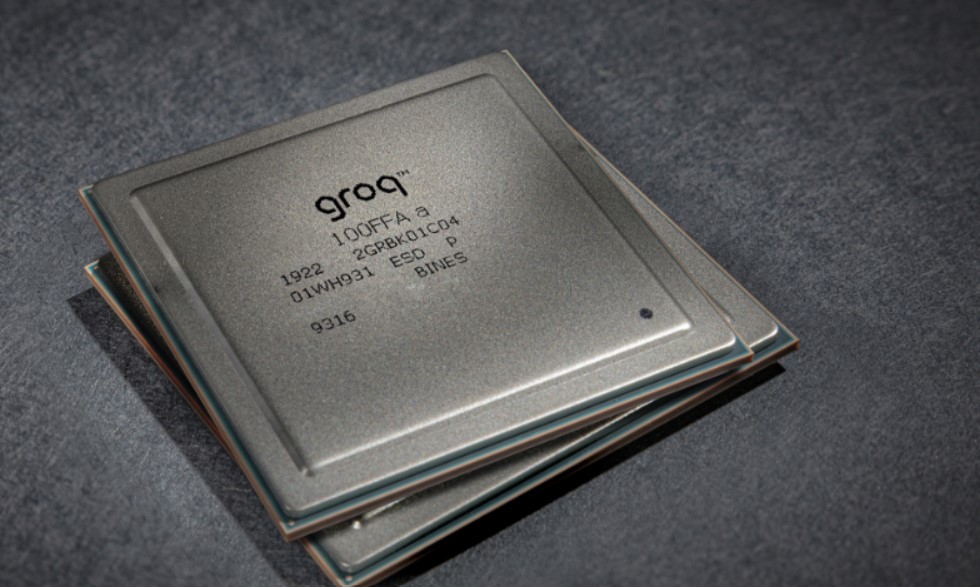Transforming Molecular Biology and Drug Discovery
In a groundbreaking development, researchers from Google and DeepMind have introduced AlphaFold 3, a revolutionary AI model that promises to unlock the hidden secrets of life's molecular machinery. This cutting-edge technology has the ability to predict the structure and interactions of all life's molecules with unprecedented accuracy, offering at least a 50% improvement over existing methods in critical categories of interaction.
AlphaFold 3 builds upon the foundations laid by its predecessor, AlphaFold 2, which made a fundamental breakthrough in protein structure prediction back in 2020. Since then, millions of researchers worldwide have leveraged AlphaFold 2 to make important discoveries across fields like malaria vaccines, cancer treatments, and enzyme design. The model has been cited over 20,000 times, and its scientific impact has been recognized through numerous prestigious prizes, including the Breakthrough Prize in Life Sciences.
Expanding Beyond Proteins to Encompass Biomolecules
AlphaFold 3 takes a giant leap forward, expanding beyond just proteins to encompass a vast spectrum of biomolecules. This includes not only proteins, but also DNA, RNA, and smaller molecules known as ligands, which encompass many drugs. Furthermore, the model can predict the chemical modifications to these molecules that control healthy cell function and contribute to disease when disrupted.
At the core of AlphaFold 3 is an improved version of the Evo-former module, a deep learning architecture that drove AlphaFold 2's breakthrough performance. After processing the molecular inputs, AlphaFold 3 assembles its predictions using a diffusion network similar to those used in AI image generators. This diffusion process starts with a cloud of atoms and converges over many steps to its final, highest-accuracy structure.
Revolutionizing Drug Discovery and Beyond
The researchers state that the model's predictions of molecular interactions surpass the accuracy of all existing computational systems. As a unified model computing entire molecular complexes holistically, AlphaFold 3 possesses a unique ability to unify scientific insights across disciplines. In the realm of drug discovery, it unlocks new capabilities by accurately predicting interactions of drug-like molecules, such as ligands and antibodies that bind to proteins, influencing their roles in health and disease.
On a key industry benchmark called PoseSearch, AlphaFold 3 demonstrates over 50% higher accuracy than traditional modeling methods, without requiring any input of structural data. This makes it the first AI system to surpass physics-based tools for biomolecular structure prediction, a critical advancement for understanding immune response and designing new antibody therapeutics.
At Isomorphic Labs, the researchers are using AlphaFold 3 in tandem with complementary in-house AI models to accelerate and enhance the success of drug design pipelines. They are leveraging it for internal projects as well as partnerships with pharmaceutical companies, helping to elucidate new disease targets and identify novel therapeutic approaches for previously intractable ones.
Democratizing Molecular Modeling and Accelerating Discovery
Google DeepMind's newly launched AlphaFold server is now the world's most accurate tool for predicting how proteins interact with other molecules throughout cells. It offers scientists globally free access for non-commercial research purposes, allowing them to tap into AlphaFold 3's power to model molecular structures spanning proteins, DNA, RNA, ligands, ions, and chemical modifications.
The AlphaFold server democratizes this power, empowering researchers to formulate novel hypotheses for experimental testing and accelerating scientific workflows. No longer hamstrung by computational resources or expertise in machine learning, scientists can now ask bold questions and drive accelerated discovery. The previous AlphaFold 2 model enabled the prediction of hundreds of millions of structures, a feat that would have required hundreds of millions of researcher-years through conventional methods.
Responsible Development and Deployment
The researchers behind AlphaFold 3 have adopted a science-driven approach, conducting rigorous evaluations to mitigate risks while maximizing the widespread benefits to biology and human health. Over 50 leading domain experts across biosecurity research and industry have been engaged to scrutinize the model's capabilities and carefully consider potential hazards.
The AlphaFold server exemplifies the researchers' steadfast commitment to sharing AlphaFold's benefits openly, including the free database of 200 million pre-computed protein structures. They are also expanding the AlphaFold educational curriculum in partnership with EMBL-EBI and organizations across the global South, equipping more scientists worldwide with the tools to leverage AlphaFold and accelerate adoption.
Unlocking the Frontiers of Biology
AlphaFold 3 brings the biological world into unprecedented high-definition clarity, empowering scientists to visualize cellular systems in their full intricate complexity, from molecules to structures, interactions, and modifications. This new window into life's molecules illuminates their interconnected relationships and roles governing critical biological functions, from drug mechanisms and hormone production to DNA repair, safeguarding health.
The true impacts of AlphaFold 3 and the open AlphaFold server will be realized through how they enable scientists to turbocharge discovery across the vast frontiers of biology and catalyze entirely new research directions. By democratizing access to this powerful predictive technology, the researchers are poised to transform our understanding of the biological world and accelerate breakthroughs in fields ranging from healthcare and genomics to renewable materials and food security.




